In this installment of Light Meter, I’ll address common questions and concerns that I field very often in regards to copyright and photographs. I’ll take you through some typical conversations my colleagues and I have had and finish up with personal stories of how my copyright was infringed upon and how things were settled.
Frequently Asked Questions
Q: What is the Copyright Law?
A: It is a Federal Law, established in 1976, that protects the photographer and or studio as the creator and author of all images taken.
Q: I have my child’s school photo and I’d like to make copies. Can I?
A: Not without written pemission from the photographer or studio in the form of a Copyright Release.
Q: If I bought the print, don’t I own the copyright?
A: No, only the person who took the photo owns the copyright.
“Copyright is the right of the creator of the work or the creator’s heirs not of the person who found or possesses the photos.” – The Library of Congress
Q: How long does a copyright last?
A: This can be tricky. Anything created after January 1, 1978 is protected for as long as the creator lives plus 70 years after their death. Copyrights can also be passed along to heirs. Images created prior to January 1, 1978 also receive the same treatment so long as they weren’t previously registered or published. Images that were published or registered and taken before January 1, 1978 are protected for 95 years.
Q: Can I print a photo I found online or place it on my webpage or website?
A: No, digital images are also covered by copyright. There are websites that will sell you the right to print an image for personal use such as iStockPhoto.
Q: What happens if you print them and get caught?
A: The photographer may sue you in Federal Court as well as the business that reproduced the image. Be prepared to pay thousands of dollars in fines and fees.
And now it’s time for Conversations At Work.
Customer: I’d like to have this photo *blown up.
Employee: This photo was taken professionally. Unfortunately, we cannot reproduce it without written consent from the photographer.
Customer: This is my son. I own this.
Employee: You own your son and you own that print but only the photographer owns the copyright. You’ll have to purchase prints from the photographer or obtain written consent.
Customer: Then I’ll scan it myself! Where’s your scanner?
Employee: It doesn’t matter who scans it. We’re not able to print it.
Customer: Then I’ll go to (drugstore chain)!
Employee: The Copyright Law does not cease to exist there.
Customer: You’re just making things up.
Employee walks away.
*Asking to have a photo “blown up” may result in a joke regarding dynamite.
Customer: Can you help me use this computer?
Employee: Sure. Which images are you printing?
Customer: These photos (pointing) of the cars.
Employee: Wow! Those are fantastic shots. Did you take these?
Customer: No, I downloaded them from the Internet and burned a CD.
Employee: I’m sorry to tell you that we can’t print them for you because they’re protected by copyright law and not intended to be printed.
Customer: Ohhhh. I really like them.
Employee: Me too, they’re great! You can buy posters of cars at AllPosters or BareWalls.
Customer: Hey, thanks!
Story time!! The following actually happened to me.
I was shooting and attending a concert one night in Los Angeles. I had photographed this particular group before and my photos were published in a very well known magazine. After the concert my friend saw a crowd gathered ’round looking at photos someone was selling. She told me I’d better go and check it out.
A woman had taken pictures of my published photos, straight out of the magazine and was selling them as 4×6’s. She also had a stack of pictures she took of other published photos. I know the other photographers she ripped off.
I informed this woman that I was the original photographer and that what she was doing was illegal. She knew it was illegal. I gave her 2 choices, give me all of the prints she had or be arrested. She gave me the photos.
Her partner was also selling my work and so I demanded all that he had as well. The woman’s excuse for breaking the law? “You’re rich.”
My friend co-designed a ticket for a concert that was filmed and aired on television by a huge production company. She asked if she could use one of my photos if she paid me and put my copyright on it. Yes, we had a deal. She sent all of the artwork to the production company on a disc.
Later, a fan emailed me that she saw parking passes being sold online for the event. When I got to the page, I saw the parking pass. It had the full image of the singer on it, my image. While the ticket only showed the singer’s head, the parking pass and VIP Pass (also online) had the entire shot. This was not part of the deal.
I called my friend and told her to get on it. Apparently this production company thought they were dealing with a fan who thought it’d be cool if they used her photo. Wrong!
How was this resolved? I billed them and they had no choice but to pay it or face a lawsuit. Yes boys and girls, even companies who copyright their own TV specials play games.
Want to learn more?
Copyright in the digital world It’s an older article but still holds true.

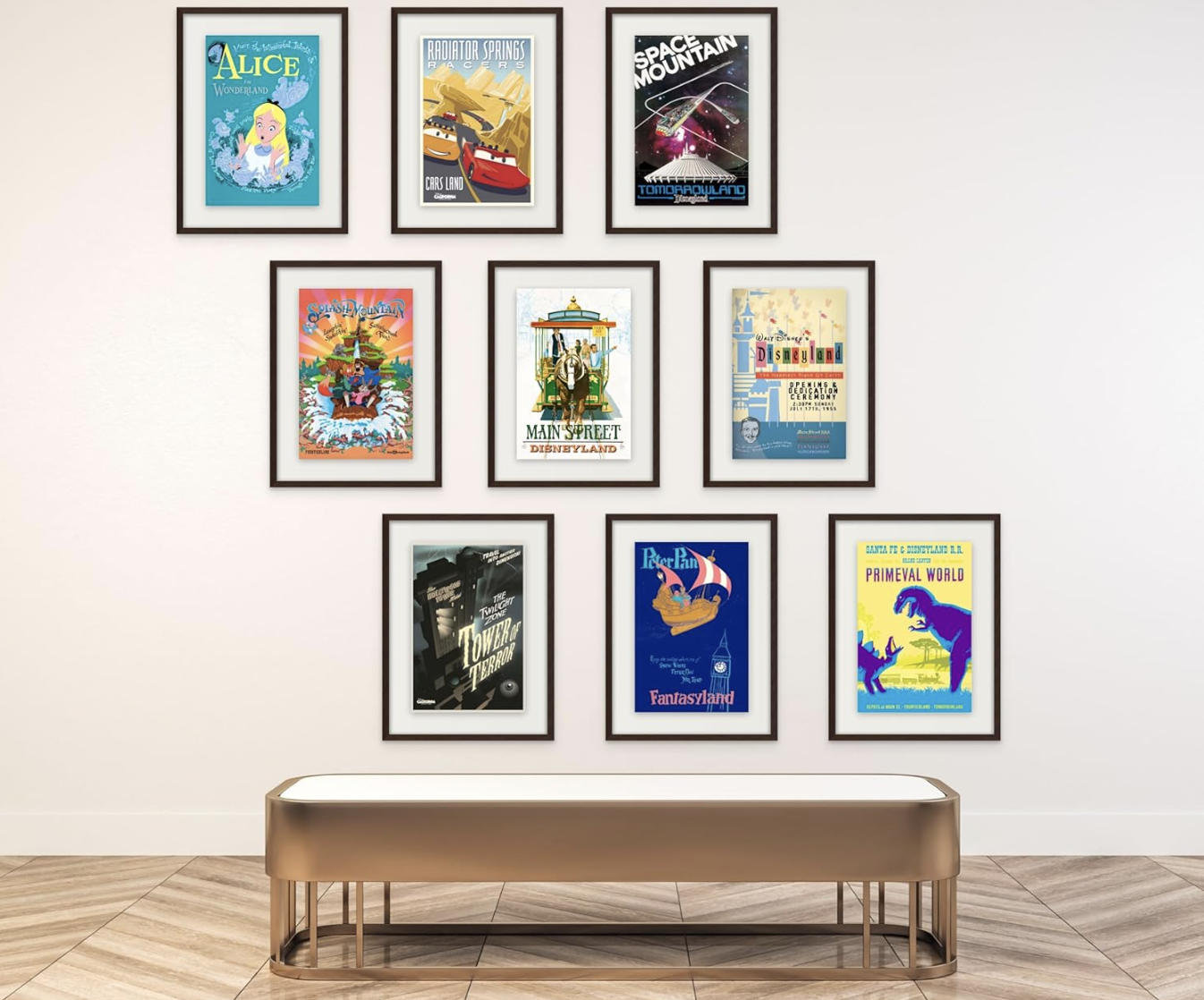

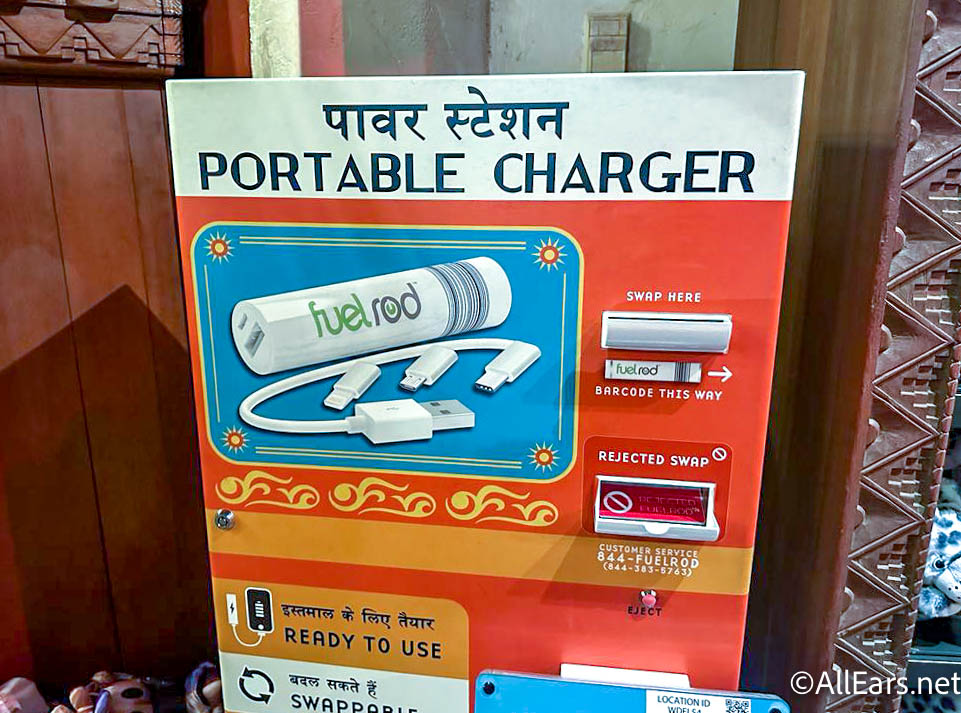







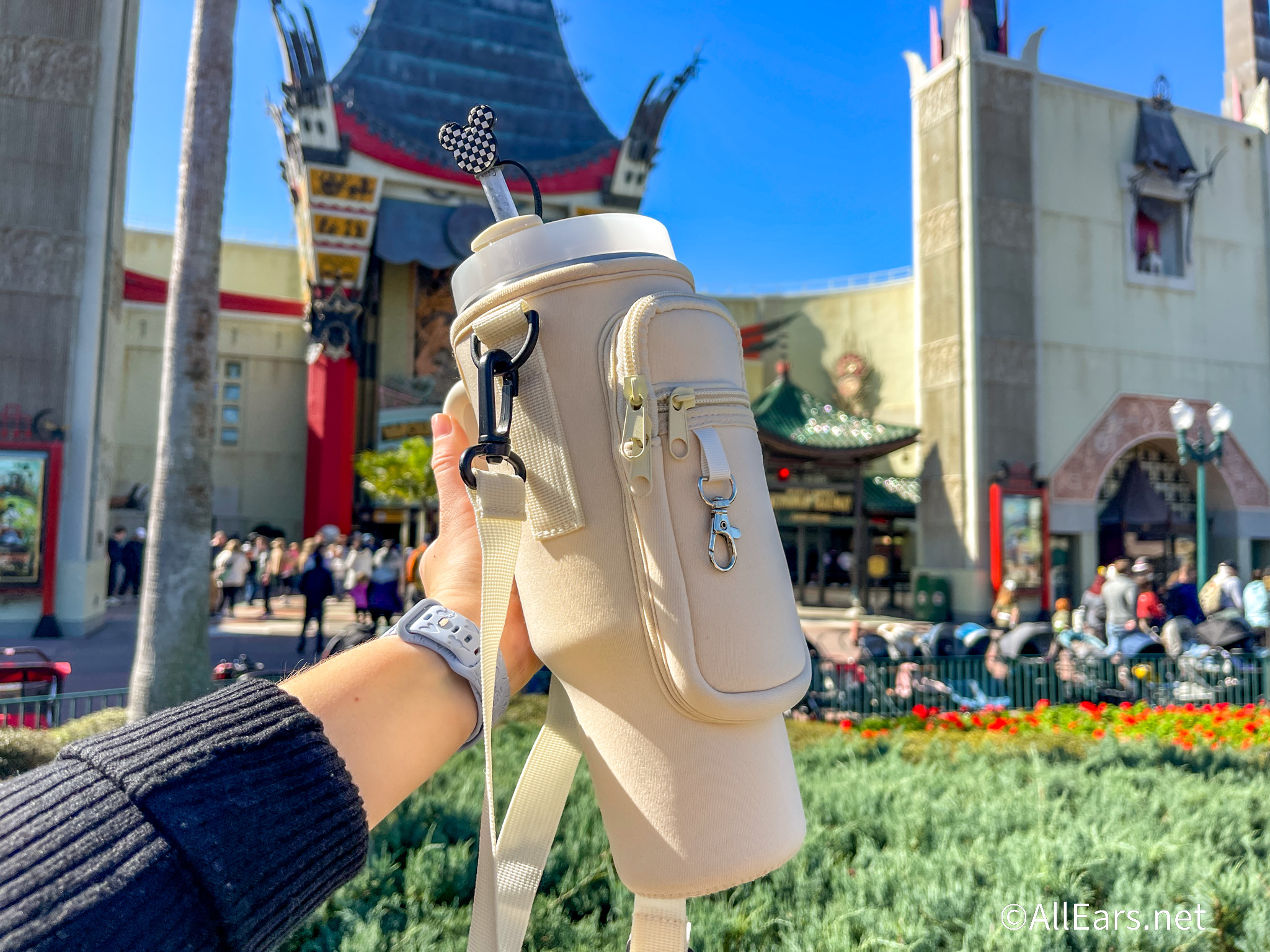
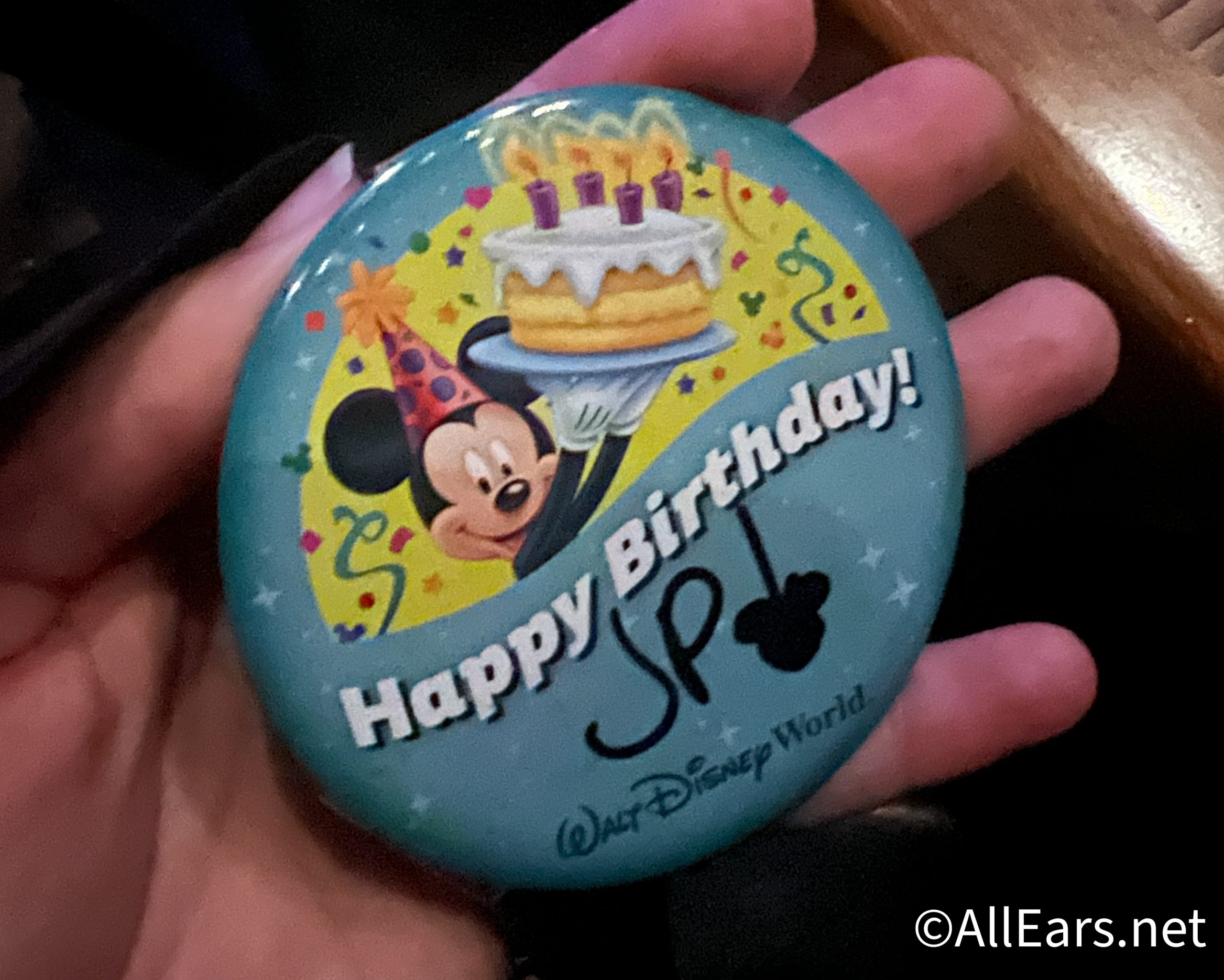




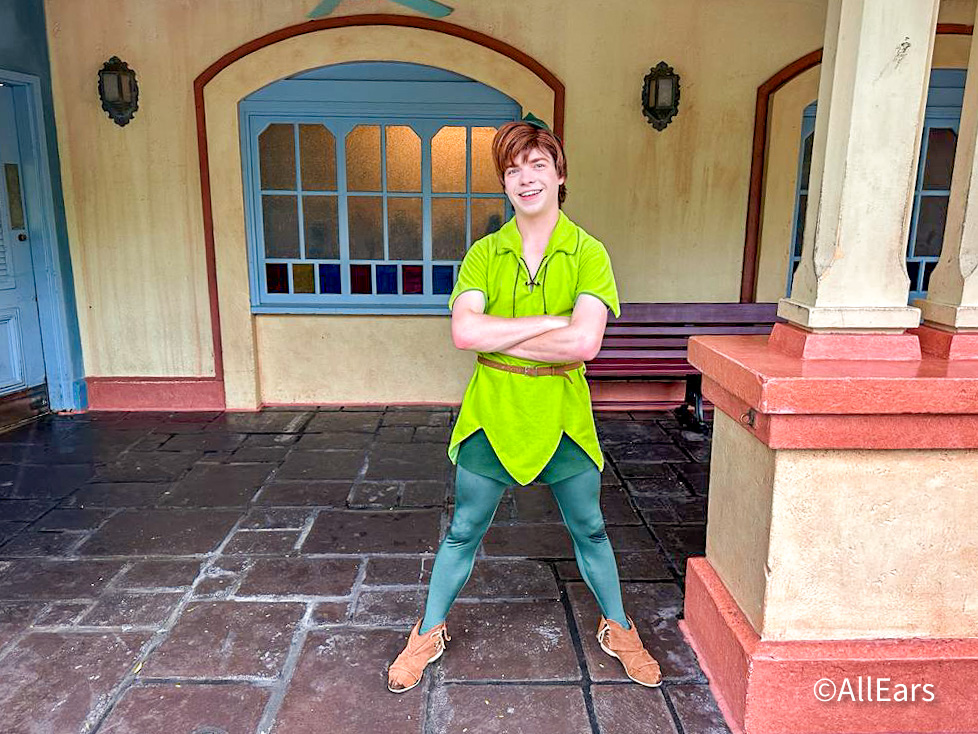




Trending Now
Don't miss out on these super low prices on Amazon for a bunch of cool...
Two rides have announced months-long closures at Universal Studios Orlando!
Let's talk about those souvenir photos that scream “This Is My First Trip to Disney...
With the EPCOT International Food and Wine Festival right around the corner, make sure you...
There will soon be a NEW way to get to Disney World and Universal from...
The legendary music event, previously exclusive to IMAX, is having its global streaming premiere on...
Disneyland's Mickey's Mix Magic show is part of the "Get Your Ears On" Mickey and...
Disney has released the themes for all of the monthly merchandise collections from the Mickey...
Here's why I avoid the most popular park in Disney World, Magic Kingdom!
Disney World and Disneyland Resort recently announced that they would soon make changes to the Disability Access...
Stanleys are trending and you can grab them on SALE on Amazon before your next...
Celebrating your birthday in Disney World soon? HOW FUN! Check out some of our favorite...
Here's where you should go if you want an escape from children in Disney World!
We are rounding up six Loungefly bags that are perfect for Taurus signs!
We took a trip to Adventureland and found some must-have souvenirs!
We have details about an exclusive dining experience coming to Disney Springs!
To get this NEW popcorn bucket, you'll have to grab some faith, trust, and pixie...
We've become quite fond of these new (and very popular) bags, which is why we're...
Check out the alcoholic drinks that will be served Disney World's Star Wars: Galaxy's Edge...
We're breaking down EVERYTHING you need to know about packages and dress options at Bibbidi...